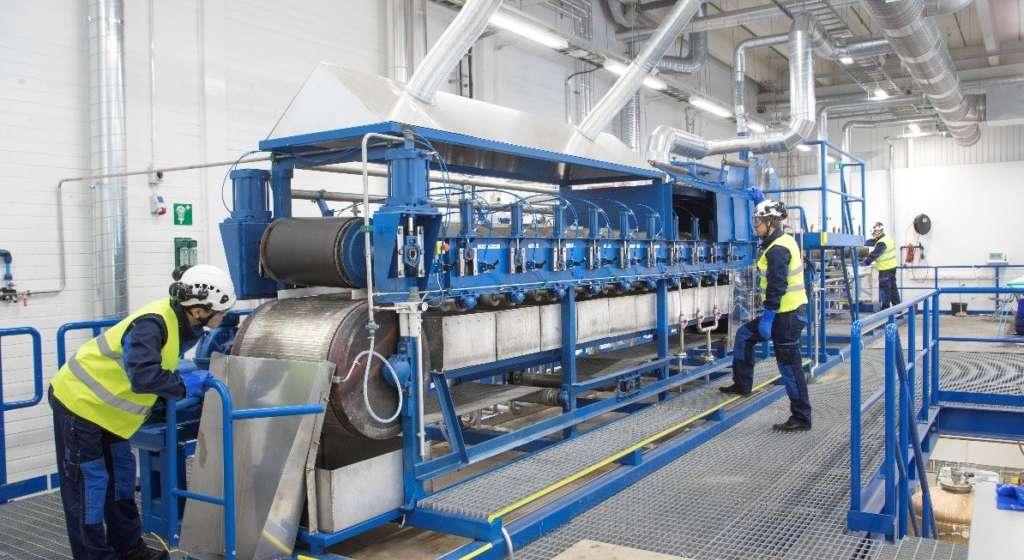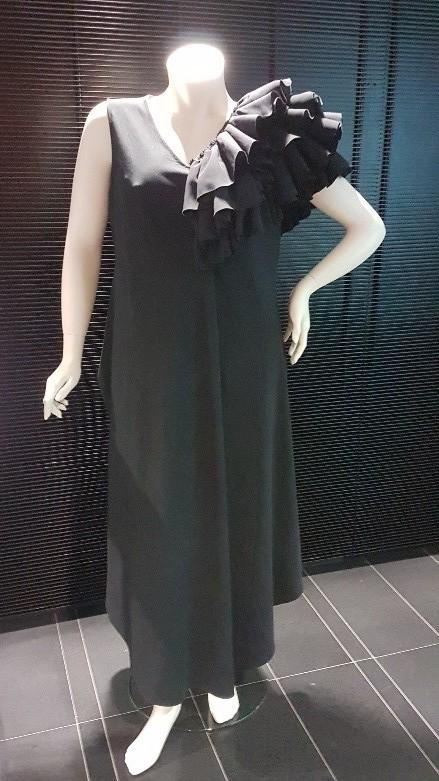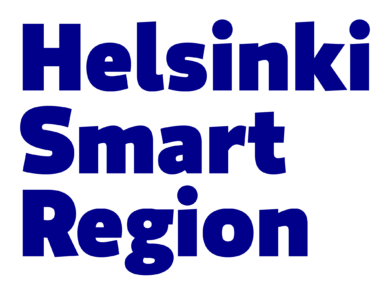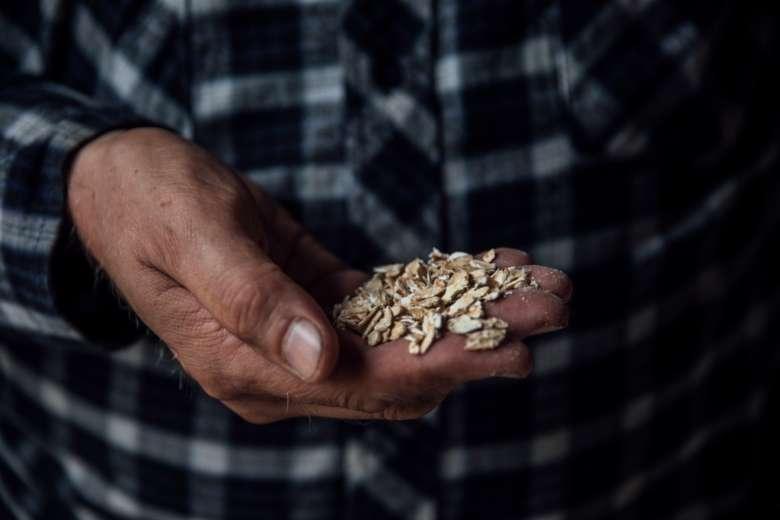Cases

Climate neutrality
Sustainable new textiles in Helsinki-Uusimaa
Published:
The Technical Research Centre of Finland ltd (VTT) and Aalto University in Espoo, Finland, developed fibre technologies towards industrial-scale production through the TeKiDe (Demonstration Platform for Textile Fibre Recycling) project, supported by the Helsinki-Uusimaa Regional Council.
The TeKiDe project has involved the use of carbamate technology for the transformation of wood based dissolving pulp and discarded cotton textiles, such as used sheets and towels, into viscose-type fibre as a raw material for textile products. The method can be used to recycle low-quality, discarded cotton into new fibres. Recycling can be repeated up to 6-7 times without affecting quality. Other cellulose-based materials, such as waste paper and cardboard, can also be used as a raw material. The carbamate, BioCelSol and Ioncell-F technologies developed through the project are more environmentally friendly and safer than the man-made cellulosic production method based on carbon disulphide.
Business interest
Suominen, a globally leading supplier of nonwovens has already tested the suitability of fibres, made from dissolving pulp at Bioruukki, for non-woven products. Carbamate products will be on the shop shelves in a few years’ time. The Finnish startup, Infinited Fiber Company, has begun to commercialise production of the fibre and the construction of the first plant is under way.
Carbamate technology is approaching the commercialisation phase
A research environment suitable for the development of wet fibre spinning processes that produce fibre at a rate of 60kg per day has been developed in the VTT’s Bioruukki facility in Espoo.
‘This can revolutionise the whole concept of the textile industry, turning waste clothing into sustainable ‘cottonfields’.
– Marjo Määttänen, Senior Scientist, VTT Technical Research Centre of Finland Ltd
The ecologically sustainable production of cotton fibres from waste textiles may revolutionise the textile industry. Through its research, VTT aims to promote the circular economy, accelerate the commercialisation of technology and reduce the use of oil-based microplastics. Fabric made from carbamate-fibre was first seen on the Finnish MEP, Sirpa Pietikäinen, at the reception held in the Presidential Palace of Finland in December 2018.

VTT has developed the BioCelSol technology in Bioruukki during the project. Through BioCelSol technology, the dissolution of cellulose is enhanced by means of mechanical and enzymatic treatments before dissolution and spinning. The BioCelSol fibers have unique properties, such as good adsorption capacity and whiteness that are beneficial for various non-woven applications. The raw material for BioCelSol fibers is wood pulp. The fibers have a significantly reduced environmental footprint, and the production process is safe to workers.
As its contribution to the project, Aalto University developed the ramp-up of the Ioncell-F process. Based on the direct dissolution of cellulose, the technology was developed through collaboration between Aalto University and the University of Helsinki. Ionic liquid, developed at the University of Helsinki, is used as a solvent in the process. In the process, fibre is produced by means of dry-jet wet spinning, which gives the fibres outstanding strength. The University has designed a piloting environment for the TeKiDe project, in which around 10kg of textile fibre can be produced per day. Ioncell-F pilot is now underway in order to attract investments.
‘TeKiDe has created an internationally significant innovation platform. It is particularly important that the demonstration environment is open and allows companies to experiment and test their new ideas.’
– Programme Director Tiina Huotari, Helsinki-Uusimaa Regional Council.
The Pilot plant
The pilot production is at VTT’s Bioruukki Pilot Centre in the Espoo. The pilot center offers a unique platform for developing new technologies and piloting them at large scale. Depending on the equipment being used, the production capacity of regenerated textile fibers ranges from hundred grams to tens of kilograms per day. Several technologies can be applied in the fiber production. Project partner Aalto University is developing a similar platform using ion-based technology.
TeKiDe -project
Demonstration Platform for Textile Fibre Recycling
Vtt the Technical Research Centre of Finland ltd and Aalto University
For further information, please contact:
Marjo Määttänen
Principal Scientist, VTT
+358 40 7029527
marjo.maattanen@vtt.fi
Sanna Hellstén
Postdoctoral Research Scientist
Aalto University
+358 40 567 5574
sanna.hellsten@aalto.fi
Tiina Huotari
Programme Directo
+358 40 041 8029
tiina.huotari@uudenmaanliitto.fi
TeKiDe -project
Demonstration Platform for Textile Fibre Recycling
Vtt the Technical Research Centre of Finland ltd and Aalto University
For further information, please contact:
Marjo Määttänen
Principal Scientist, VTT
+358 40 7029527
marjo.maattanen@vtt.fi
Sanna Hellstén
Postdoctoral Research Scientist
Aalto University
+358 40 567 5574
sanna.hellsten@aalto.fi
Tiina Huotari
Programme Directo
+358 40 041 8029
tiina.huotari@uudenmaanliitto.fi










 Return to listing
Return to listing